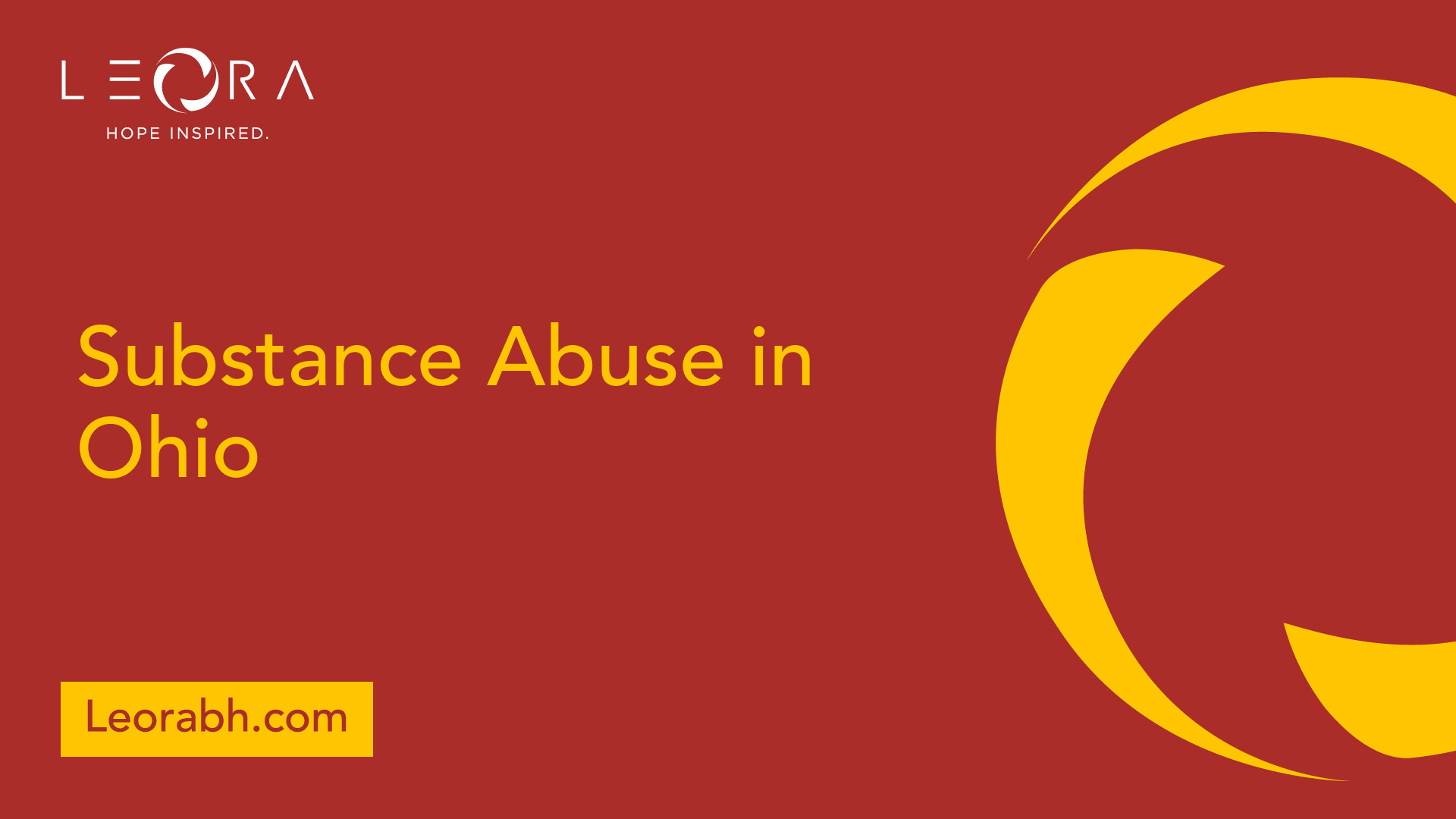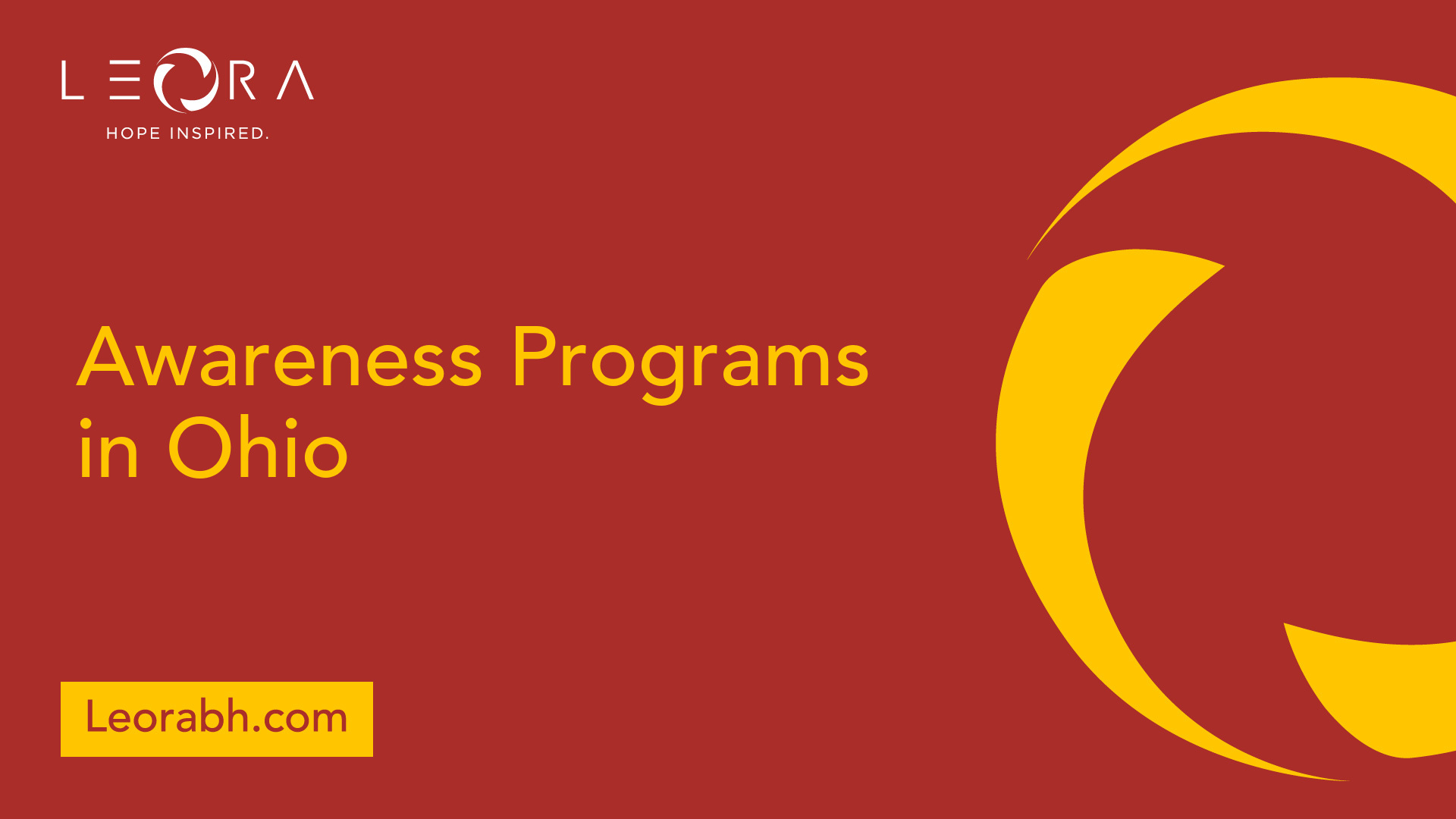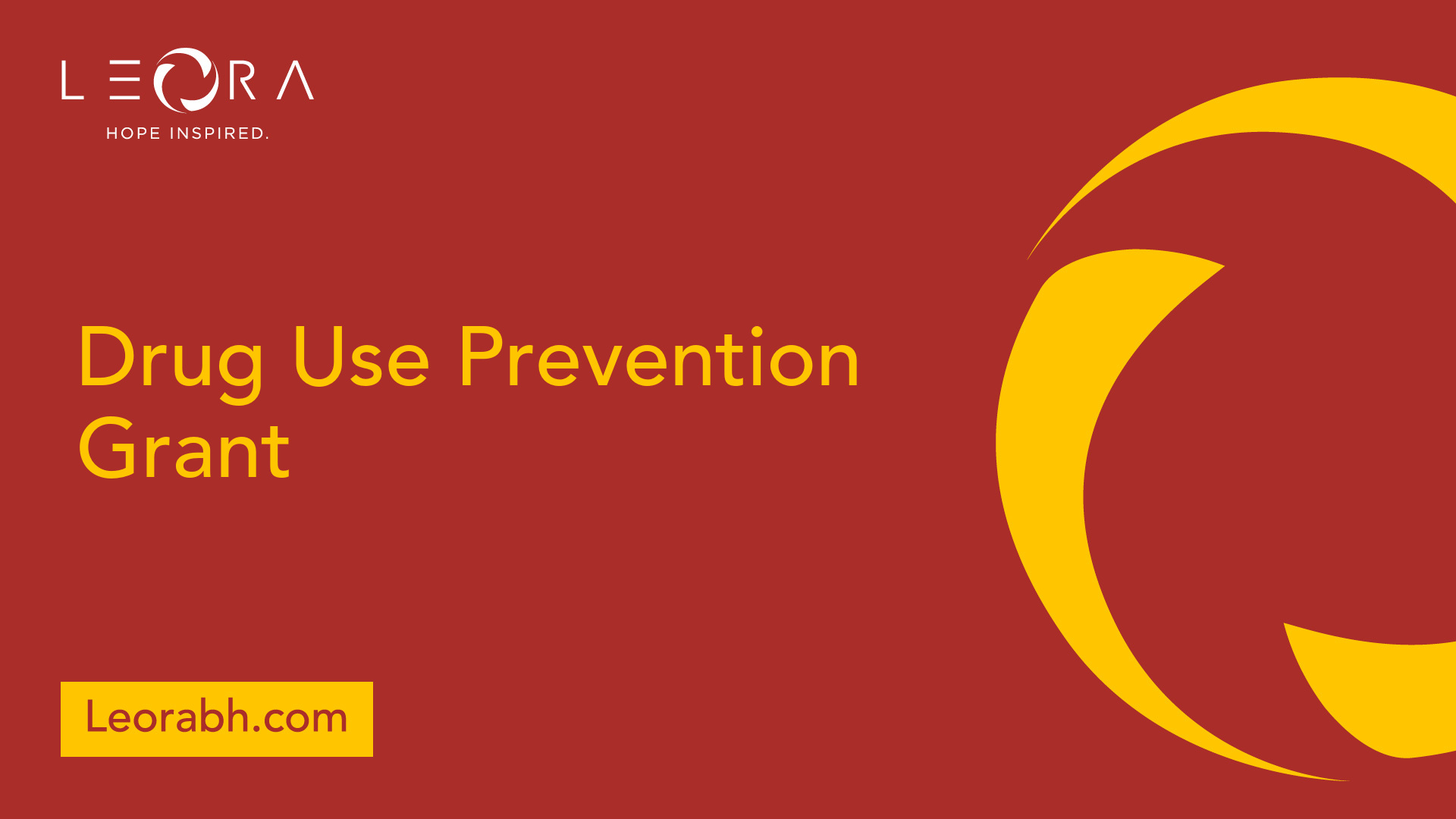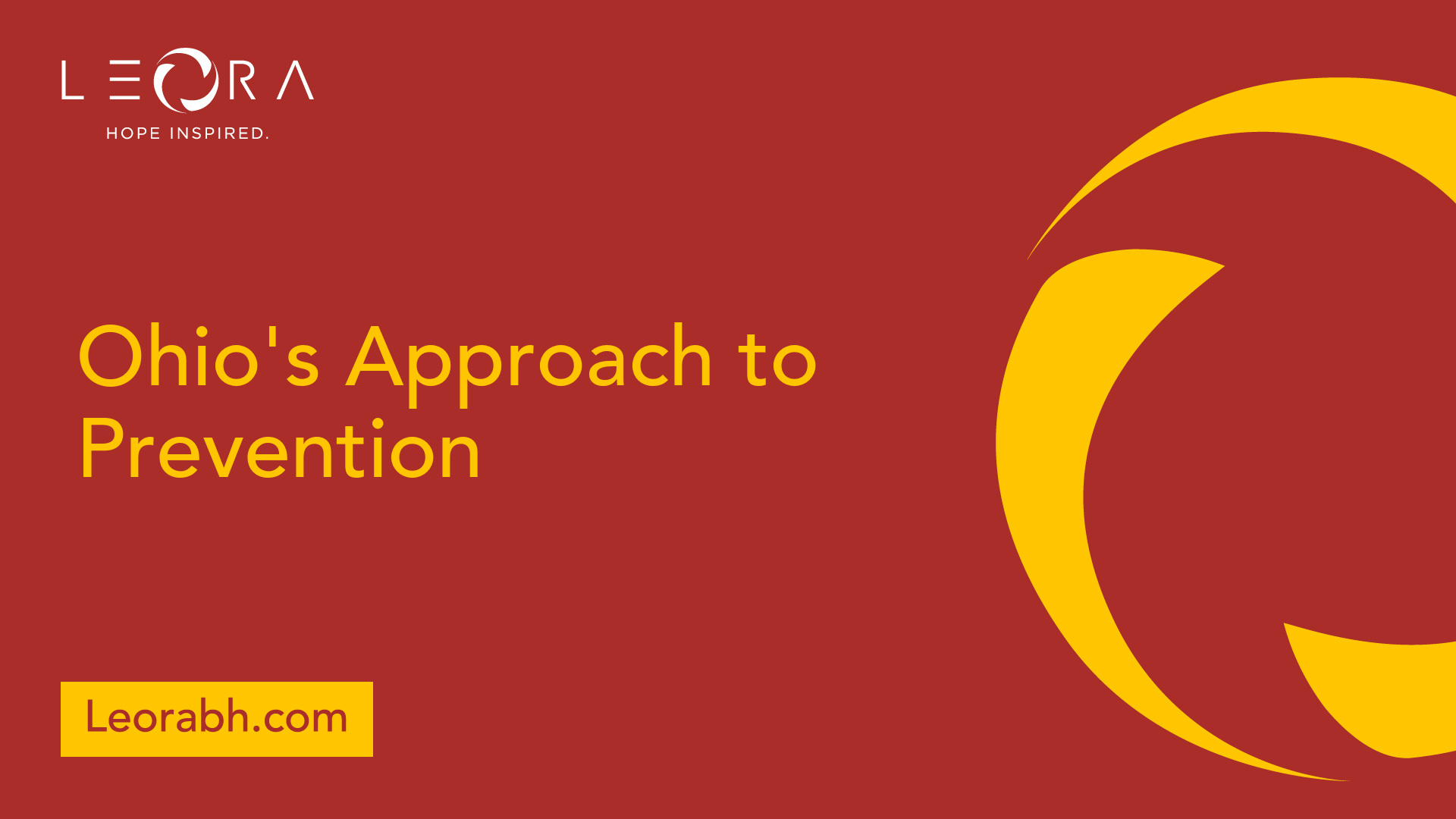Substance Abuse Prevention Programs in Ohio
Discover substance abuse prevention programs in Ohio: Funding, initiatives, and community efforts to combat addiction.

Substance Abuse in Ohio
Understanding the landscape of substance abuse in Ohio is crucial to implementing effective prevention strategies. With the opioid epidemic taking a toll on communities, it is essential to delve into the overview of substance abuse and the specific impact of opioid misuse within the state.
Overview of Substance Abuse
Nearly 700,000 Ohio residents aged 12 and above require drug rehabilitation services and treatment every year, highlighting the widespread impact of substance abuse across the state. Substance abuse encompasses a range of issues, including addiction to illicit drugs, prescription medications, and alcohol. The consequences of substance abuse extend beyond the individual, affecting families, communities, and the healthcare system.
Impact of Opioid Misuse
Opioid use disorder stands out as the fastest-growing drug abuse issue in Ohio, with opioid misuse impacting twice the national average. Annually, Ohio experiences approximately 4,251 overdose deaths, highlighting the severity of the opioid crisis within the state. Portsmouth emerges as a city with the highest overdose rate, treating an average of 55 people every month for opioid-related incidents.
Overprescription compounds the issue, posing a significant public health concern in Ohio. It is a leading cause of drug injuries and deaths, contributing significantly to the statewide drug crisis. The repercussions of opioid misuse reverberate through all sectors of society, underscoring the urgent need for comprehensive prevention programs and targeted interventions.
Understanding the nuances of substance abuse and the specific challenges posed by opioid misuse is paramount in shaping effective substance abuse prevention programs in Ohio. By addressing the root causes and consequences of substance abuse, Ohio can work towards mitigating the impact of addiction and fostering a healthier, more resilient community.

Statistics in Ohio
When examining substance abuse in Ohio, it is essential to delve into the statistics that shed light on the severity of the situation. Two critical aspects to consider are overdose deaths and overprescription concerns within the state.
Overdose Deaths in Ohio
Ohio faces a significant challenge with substance abuse, particularly evident in the concerning number of overdose deaths annually. According to White Light Behavioral Health, the state records approximately 4,251 overdose deaths each year. Portsmouth emerges as a city grappling with the highest overdose rate, attending to an average of 55 individuals every month due to overdoses. This data underscores the urgent need for effective addiction treatment programs and preventative measures to combat this dire situation.
Overprescription Concerns
Overprescription of medications is a pressing public health issue in Ohio, significantly contributing to the substance abuse crisis statewide. Notably, overprescription stands out as the leading cause of drug injuries and deaths, exacerbating the drug crisis plaguing the region. This concerning trend highlights the importance of stringent regulations and education surrounding prescription medications to prevent the misuse and abuse that can lead to addiction and devastating consequences.
In light of these alarming statistics regarding overdose deaths and overprescription concerns, Ohio must continue to prioritize substance abuse prevention programs and initiatives that address the root causes of addiction while providing support and treatment options to individuals in need. By focusing on education, awareness, and access to appropriate interventions, Ohio can take significant strides in mitigating the impact of substance abuse and fostering healthier communities across the state.

Awareness Programs in Ohio
In Ohio, the allocation of funds for substance abuse prevention programs plays a crucial role in combating the challenges posed by drug abuse. Approximately 2 cents of every dollar are directed towards awareness programs addressing drug abuse, while a significant portion, about 90 cents of every dollar, is allocated to cover the damages related to substance abuse.
Funding Allocation
The distribution of funds highlights the state's commitment to raising awareness about substance abuse and implementing preventive measures. By investing in education, outreach programs, and community initiatives, Ohio aims to address the root causes of addiction and provide support to individuals struggling with substance abuse issues.
Participation Challenges
Despite the availability of awareness programs and resources, only a fraction of Ohioans with drug addiction problems actively participate in recovery programs. This low participation rate can be attributed to various factors, including feelings of overwhelm or pressure, distress, and isolation.
To address participation challenges, it is essential for Ohio to enhance outreach efforts, reduce stigma surrounding addiction, and provide accessible and comprehensive treatment options. By creating a supportive and understanding environment, more individuals may feel encouraged to seek help and actively engage in recovery programs.
Ohio recognizes the significance of preventive measures in combating substance abuse, and through continued funding and community engagement, the state is working towards creating a healthier and safer environment for its residents. The emphasis on education and outreach underscores Ohio's commitment to reducing the impact of substance abuse and fostering a culture of wellness and support.

Drug Use Prevention Grant
In Ohio, the Drug Use Prevention Grant plays a pivotal role in supporting initiatives aimed at combating substance abuse among communities. This grant, overseen by the Ohio Attorney General's Office, provides essential funding to law enforcement agencies throughout Ohio to implement drug abuse prevention programs.
Grant Overview
Annually, the Ohio Attorney General’s Office allocates approximately $2.6 million in Drug Use Prevention Grant funds to law enforcement agencies across the state. These funds are instrumental in supporting efforts to educate and raise awareness about prescription and over-the-counter drug abuse within the community.
The grant aims to empower law enforcement agencies to take proactive measures in preventing drug misuse and promoting public health and safety. By providing financial assistance, the grant enables agencies to develop and implement education programs that address the dangers of substance abuse.
Eligibility and Requirements
Eligible entities for the Ohio Drug Use Prevention Grant are law enforcement agencies situated in Ohio. These agencies must demonstrate a commitment to educating the public about the risks associated with prescription and over-the-counter drug abuse. Key eligibility criteria include collaboration with public-school superintendents to verify and conduct drug abuse prevention education.
To qualify for funding, programs funded through the grant must incorporate Prescription and Over the Counter Drug Abuse Prevention Education, confirmed by a public-school superintendent. Failure to adhere to the educational requirements may result in the retrieval of granted funds, underscoring the importance of fulfilling the stipulated criteria.
Applications for Drug Use Prevention grants are required to outline specific information regarding planned activities related to over-the-counter and prescription drug abuse prevention education. Programs conducted off school premises during the summer may also be considered for funding when verified by a public-school superintendent.
Furthermore, the Ohio Revised Code stipulates that Drug Use Prevention Grant funds can cover up to 50 percent of the salary for D.A.R.E. (Drug Abuse Resistance Education) and School Resource Officers engaged in drug use prevention education in public schools, as approved by the Ohio Attorney General’s Office. However, costs related to fringe benefits, supplies, travel, training, and other overheads are not eligible for funding through this grant.
A crucial aspect of receiving the grant involves meeting reporting obligations. Agencies awarded the Drug Use Prevention Grant must submit two reports documenting fiscal and programmatic activities during the grant period. Payments are typically issued in four installments throughout the year, underlining the accountability and transparency expected from grant recipients. Failure to comply with the guidelines and misuse of allocated funds can lead to the recovery of funds by the Ohio Attorney General’s Office, emphasizing the importance of adherence to the grant's terms and conditions.

Ohio's Approach to Prevention
In Ohio, the approach to substance abuse prevention is multifaceted, focusing on health education requirements and a range of prevention initiatives. These efforts aim to equip individuals with the knowledge and resources needed to combat substance abuse effectively.
Health Education Requirements
Ohio law mandates that health education in schools must include instruction in prescription opioid abuse prevention, emphasizing the link between prescription opioid abuse and addiction to other drugs such as heroin [2]. The goal is to educate students about the dangers of prescription drug misuse and prevent the escalation to more severe substance abuse issues.
Additionally, the Ohio Joint Study Committee on Drug Use Prevention Education recommended that all Ohio students receive annual, age-appropriate prevention education from kindergarten through 12th grade. This initiative ensures that schools have comprehensive prevention plans in place to address substance abuse at different developmental stages.
Prevention Initiatives
Ohio has implemented several prevention programs aimed at combatting substance abuse at various levels. The Ohio Attorney General's Drug Use Prevention Resource Guide, released in 2018, provides recommendations for schools to implement effective drug prevention efforts. The guide offers best practices and prevention strategies tailored to different student age groups.
One notable program is Generation Rx, which offers age-appropriate resources to educate students about the dangers of misusing prescription medications. This initiative emphasizes the importance of prevention in reducing substance abuse among youth and promoting informed decision-making regarding prescription drugs.
Another key initiative is Start Talking!, a program designed to encourage age-appropriate conversations between parents, educators, and students about substance abuse prevention. Regular dialogues and communication are recognized as effective tools in supporting prevention efforts and fostering early intervention strategies to deter drug use [2].
By focusing on comprehensive health education requirements and implementing targeted prevention initiatives, Ohio is taking proactive steps to address substance abuse and equip its communities with the knowledge and resources needed to prevent and combat addiction effectively.
Community Efforts in Ohio
Addressing Trauma
In rural Appalachian Ohio, various forms of trauma have been identified as significant factors interlinked with substance use, particularly opioids. Stakeholders in the region highlighted environmental/community trauma, physical/sexual trauma, and emotional trauma as pervasive issues. These traumas have contributed to a self-perpetuating cycle with substance use, emphasizing the critical need for community-level interventions and trauma-informed approaches.
Economic challenges, historical trauma from "pill mills," and emotional trauma have created a complex environment in rural Ohio. The economic downturn resulted in job loss, limited opportunities, and generational poverty, exacerbating the region's struggles. Moreover, the legacy of "pill mills" has fostered deep mistrust of the medical community, further complicating the landscape. Addressing trauma is imperative not only to address substance use but also to prevent its continuation within the community.
Stakeholders' Perspectives
Stakeholders in rural Appalachian Ohio, including healthcare professionals, substance use treatment providers, and law enforcement, have a multifaceted view of the challenges facing the region. Discussions have revolved around the economic downturn, historical mistrust due to pill mills, rising crime rates, and a pervasive sense of hopelessness and mistrust within communities [3]. These stakeholders hold diverse viewpoints on the relationship between trauma and substance abuse, leading to varying proposed solutions.
While some stakeholders advocate for increased substance use treatment and harm reduction strategies, others emphasize personal responsibility and punitive measures. These differing perspectives influence the strategies and interventions proposed to combat substance abuse and address trauma within the community. The nuanced understanding of trauma and substance abuse among stakeholders underscores the complexity of the issues and the importance of tailored approaches to prevention and intervention.
The concerted efforts of local organizations and individuals in rural Ohio have been vital in combatting the opioid epidemic and addressing the trauma prevalent in the region. Initiatives focusing on property revitalization, drug court programs, and community relationship rebuilding have instilled a renewed sense of community, hope, and purpose. These community-driven efforts play a crucial role in promoting healing, resilience, and recovery among individuals impacted by substance abuse and trauma in Ohio.
Initiatives and Programs
When it comes to combating substance abuse, Ohio has implemented key initiatives and programs aimed at prevention and treatment. Two significant programs making a difference in the state are Take Charge Ohio and the RecoveryOhio Initiative.
Take Charge Ohio
The Take Charge Ohio initiative, led by the Ohio Department of Health, focuses on empowering all Ohioans to use pain medication safely, with the primary goal of preventing substance abuse. The initiative emphasizes the importance of educating individuals about the risks of opioid misuse and promoting responsible medication use practices.
Through educational campaigns, community outreach, and partnerships with healthcare providers, Take Charge Ohio strives to raise awareness about the dangers of opioid addiction and encourage safe prescribing and consumption behaviors. By equipping individuals with knowledge and resources to make informed decisions regarding pain management, the initiative plays a crucial role in preventing substance abuse in Ohio.
RecoveryOhio Initiative
Commissioned by Governor Mike DeWine, the RecoveryOhio Initiative is a comprehensive program designed to address the opioid crisis in Ohio and provide support to individuals struggling with addiction. The initiative focuses on making treatment accessible to Ohioans in need, offering a range of support services for those in recovery, and directing the state's prevention and education efforts.
In addition to expanding access to treatment and recovery services, the RecoveryOhio Initiative emphasizes the importance of community engagement and collaboration in combatting illicit drug use. By mobilizing resources, coordinating efforts across agencies, and implementing evidence-based interventions, the initiative seeks to reduce the impact of substance abuse on individuals and communities across the state.
These initiatives, along with other prevention programs and treatment options available in Ohio, play a vital role in addressing substance abuse issues and promoting the health and well-being of Ohio residents. By combining education, prevention strategies, and support services, Ohio is taking proactive steps to combat substance abuse and create a safer and healthier environment for all its residents.
References
[1]: https://whitelightbh.com/resources/ohio-addiction-statistics/
Find Your Inner Light
Related Articles
Contact Us
Leora Behavioral Health offers a comprehensive addiction treatment programs to help you get your life back on track.
Our trained professionals will work with you to develop a personalized treatment plan that meets your unique needs. If you or someone you know is struggling with addiction, reach out to Leora Behavioral Health today.


.svg)





.svg)
.svg)
.svg)
.svg)